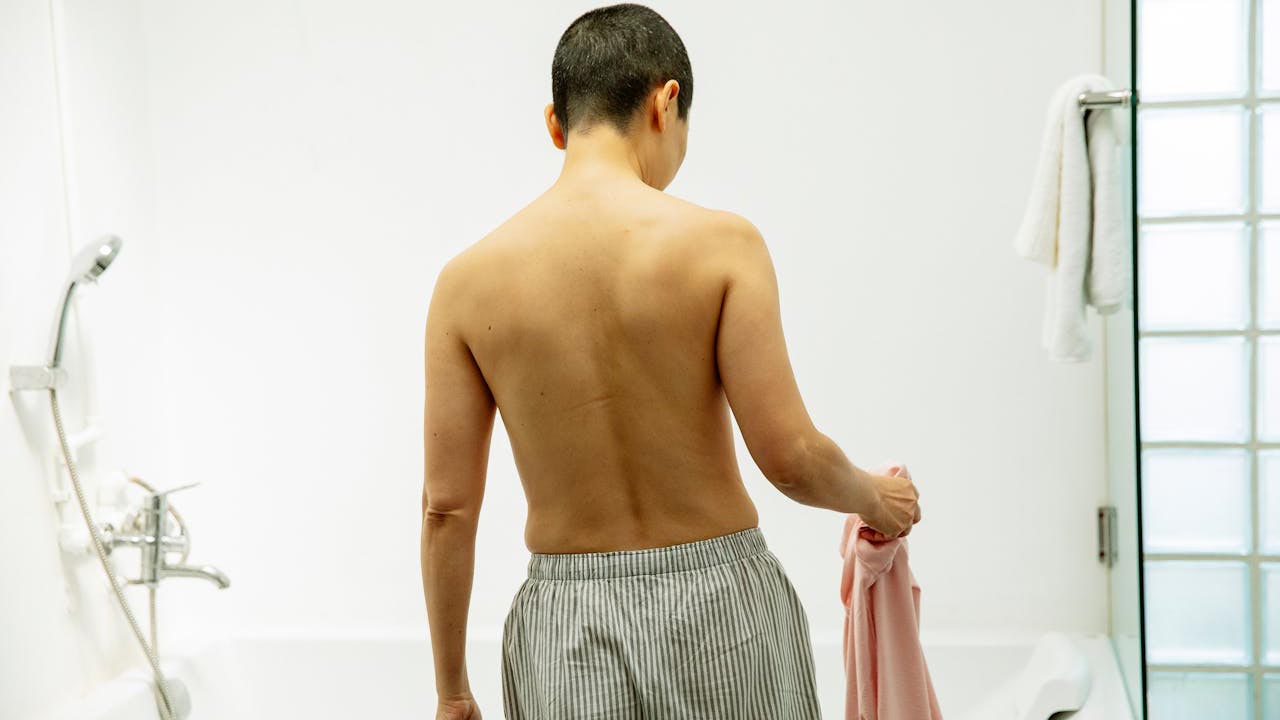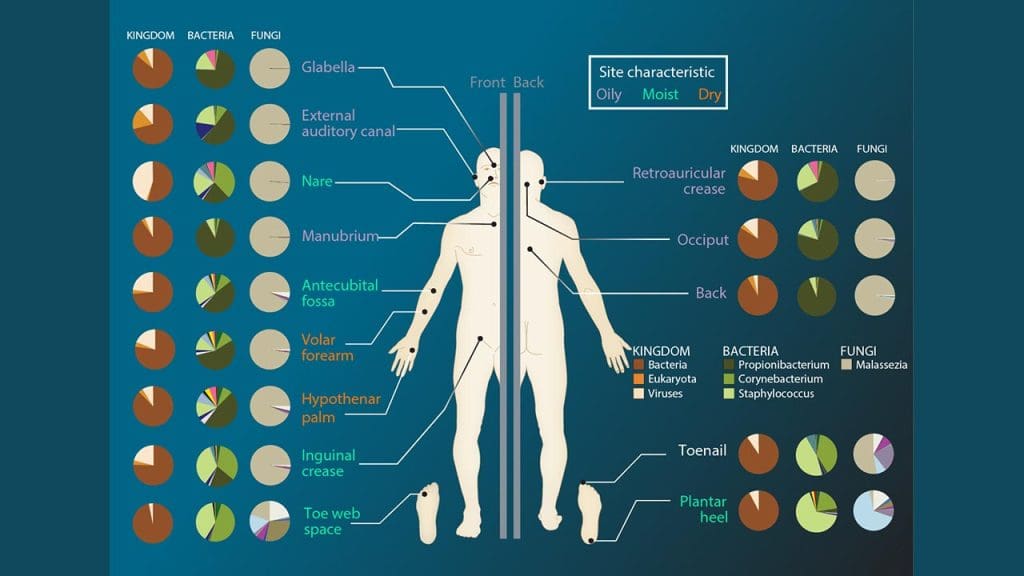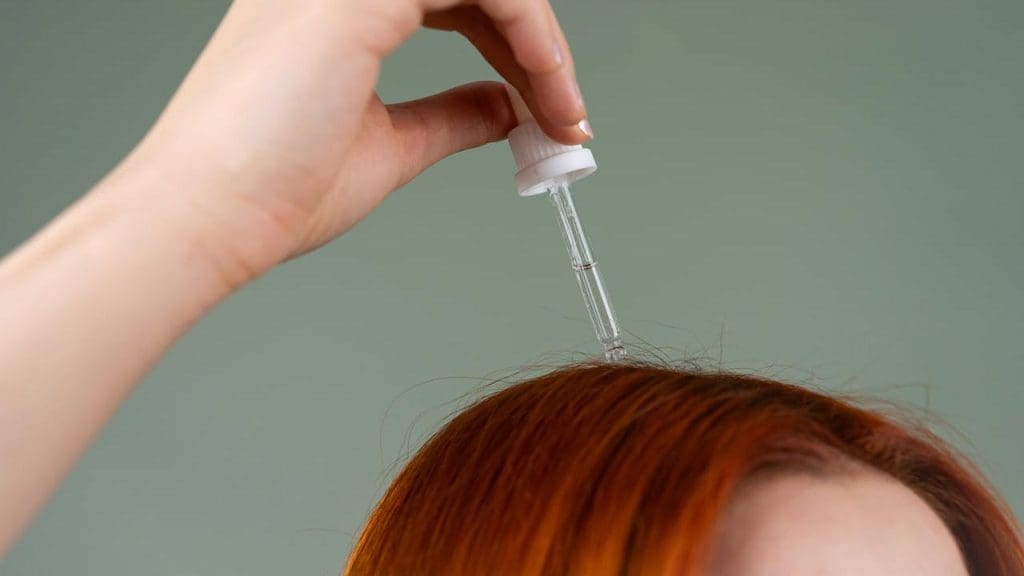
Daily washing has become a norm in many cultures, but science suggests that it might not be the healthiest habit. Less frequent washing can benefit your skin, hair, and overall health by preserving the natural balance of bacteria and oils that protect and nourish your body.
The Microbiome and Skin Health

Understanding the Skin Microbiome
The skin microbiome is a delicate ecosystem of bacteria and microbes that serves as a protective barrier against pathogens. This microscopic community plays a crucial role in maintaining skin health, as it helps in regulating inflammation, protecting against harmful bacteria, and even aiding in wound healing. When we wash our skin too frequently, we risk disrupting this balance, which can lead to a host of skin issues.
Over-cleansing can strip the skin of its natural oils, which are essential in keeping the skin hydrated and protected. The removal of these oils can result in dryness, irritation, and increased vulnerability to infections. It’s important to understand that while cleanliness is essential, overdoing it can be counterproductive. For those concerned about hygiene, it might be worth considering alternatives to daily washing that still support the skin’s natural defenses.
Hair and Scalp Considerations

Natural Oil Production
Sebum, the natural oil produced by our scalp, plays a crucial role in maintaining healthy hair and scalp. It provides essential moisture and protection, ensuring that hair remains flexible and resilient. However, daily shampooing can disrupt this natural process, either by causing overproduction or depletion of sebum. This can lead to a cycle of oily roots and dry ends, making hair care more challenging.
There are common misconceptions about hair cleanliness that suggest frequent washing is necessary for healthy hair. However, allowing time between washes gives the scalp a chance to self-regulate, leading to better overall hair health and appearance. For more insights on how often you should wash your hair, check out this Washington Post article.
Psychological and Behavioral Factors

Habitual vs. Necessary Washing
Our daily washing routines are often more about habit and psychological comfort than actual necessity. Many people find reassurance in the ritual of washing, associating it with cleanliness and health. However, it’s important to distinguish between what is habitual and what is truly necessary for our well-being. By re-evaluating our routines, we can challenge ingrained assumptions and adopt healthier practices.
In healthcare settings, handwashing is critical, yet even there, behavioral explanations can shed light on why healthcare workers sometimes skip this vital step. Understanding these patterns can help us rethink our own hygiene habits. For more on this, read this study on handwashing behaviors.
Environmental and Societal Impacts

Water and Resource Consumption
Daily washing isn’t just a personal habit; it has broader environmental implications. The routine use of water and energy for showers contributes significantly to resource consumption. Reducing the frequency of washing can help lower water use and energy costs, making it a more sustainable choice for the environment. By adopting less frequent washing, individuals can contribute to resource conservation efforts.
Cultural norms and societal expectations heavily influence our hygiene habits. While cleanliness is valued across cultures, the standards can vary, and there’s potential for shifting towards more sustainable practices. For a deeper dive into the environmental impact of hygiene practices, see this research repository.
Practical Tips for Adjusting Hygiene Routines

Transitioning to Less Frequent Washing
For those considering a change in their hygiene routine, transitioning to less frequent washing can be a gradual process. Start by extending the time between washes by a day or two, allowing your body to adapt naturally. During this transition, maintaining hygiene doesn’t have to mean a complete halt to washing; rather, focus on targeted cleansing of areas prone to odor or sweat.
Choosing the right products can also support this transition. Opt for alternatives to traditional soaps and shampoos that are gentle and designed to support the skin and hair microbiome. For example, using a mild cleanser or a dry shampoo can help maintain cleanliness without stripping natural oils. For more on alternatives, you might find it useful to read about why you shouldn’t share a face towel.